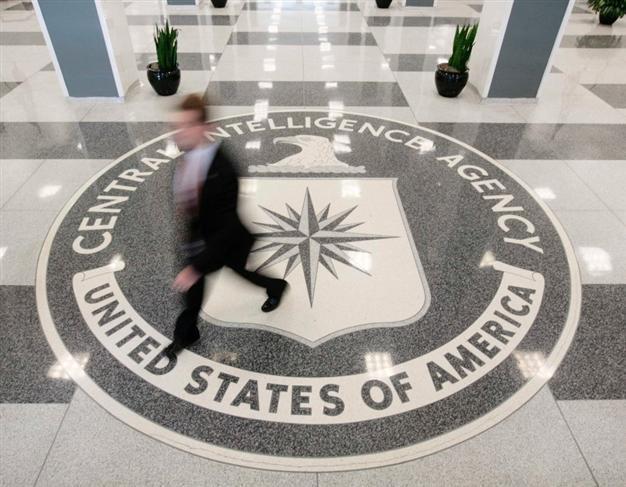54 countries helped CIA renditions: Report
WASHINGTON

REUTERS Photo
Fifty-four foreign governments, including Turkey, assisted the CIA in a global campaign that included harsh interrogations of suspects, a rights advocacy group said on Feb. 5, as it pressed for greater accountability.The report titled “Globalizing Torture” by Open Society Justice Initiative, a New York-based human rights organization, marks the most comprehensive list of countries that helped the United States in what critics saw as excesses by then President George W. Bush’s administration after the Sept. 11, 2001 attacks.
Bush authorized “extraordinary rendition” - the transferring of individuals without legal process - to allow U.S. and foreign intelligence agencies to interrogate alleged extremists outside the protections ensured on U.S. soil.
The Open Society found evidence that 54 foreign governments supported the system by actions such as hosting CIA prisons, interrogating suspects, allowing airspace for secret flights, or providing intelligence.
Many of the cases involve countries that have long fought Islamic militants on their home territory such as Afghanistan, Egypt, Pakistan and Saudi Arabia. The report also listed close U.S. allies such as Turkey, Britain, Germany, Australia, Canada, Denmark, Finland, Ireland, Italy, Poland, Spain, Sweden, Thailand.
The study also listed Iran, saying that despite poor relations with the United States, Tehran indirectly handed over at least 10 suspects, mostly Arabs, to U.S. custody via the Kabul government. Syria also detained, interrogated, and tortured extraordinarily rendered individuals, the report said, adding that it was one of the “most common destinations for rendered suspects.”
‘Turkey allowed use of its airspace’
Turkey was accused of capturing at least one individual subjected to secret CIA detention, and also of allowing use of its airport and airspace in 2002 for flights associated with CIA extraordinary rendition operations.
In 2006, Turkish authorities captured Nashwan abd al-Razzaq abd al-Baqi, an Iraqi citizen accused of being al-Qaeda’s top operational planner in Afghanistan, and turned him over to the United States. He was in CIA custody as of late 2006, and was transferred to Guantanamo Bay in April 2007.
Ross Wilson, then U.S. ambassador to Turkey, was quoted in the report as saying “the Turkish military had allowed [the U.S.] to use İncirlik as a refueling stop for Operation Fundamental Justice detainee movement operations since 2002, but revoked this permission in February 2006.” The report said at least six men were transferred through the İncirlik air base before being transported to Guantanamo Bay, but it is not clear that the CIA was involved in this operation. Located in southeastern Turkey, İncirlik is an air base that hosts U.S. troops.
These men were arrested in Bosnia and Herzegovina in 2002, taken to a NATO base in Tuzla, and then transferred by a U.S. military C-130 aircraft to İncirlik before being flown to Guantanamo Bay.
The report called for accountability both in the United States and overseas, saying there was “no doubt” that Bush administration officials authorized what it called human rights violations and thereby hurt U.S. moral standing. But it said that other nations also bore responsibility. Only Canada has apologized for its role, while three other countries, Australia, Britain and Sweden, have also offered compensation to individuals.
The report was released two days before a Senate panel considers President Barack Obama’s nomination of John Brennan to be CIA director. Brennan, an aide to Obama, is likely to face questions about interrogation policies.
Obama ordered an end to harsh interrogations when he took office in 2009. But the Open Society Foundations criticized Obama for still allowing renditions if other countries promise to treat prisoners humanely.
















